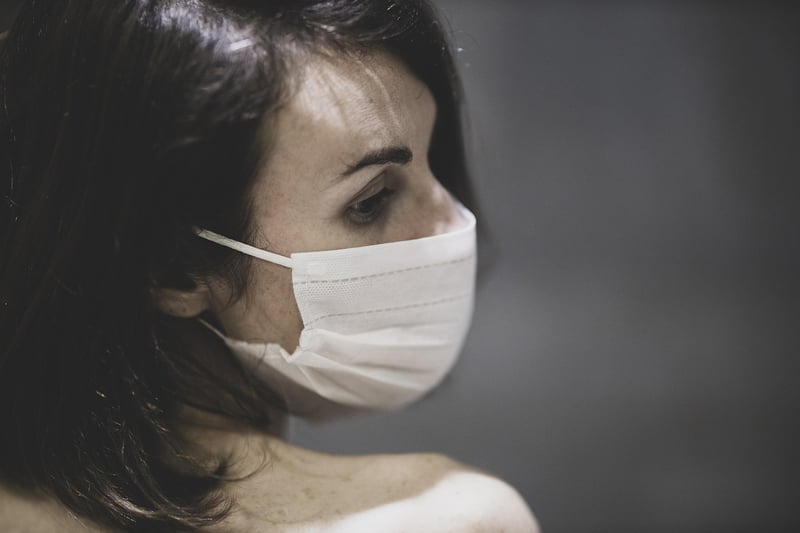Sleep Hygiene
Optimizing Your Physical Well-being: The Importance of Sleep Hygiene
Physical well-being is crucial for overall health and vitality. One often overlooked aspect of physical health is sleep hygiene, which plays a significant role in our well-being. In this article, we will explore the importance of sleep hygiene and provide guidance on how to optimize it for a healthier lifestyle.
The Significance of Sleep Hygiene
Sleep hygiene refers to a set of practices and habits that promote quality sleep. Good sleep hygiene is essential for physical health, mental well-being, cognitive function, and overall productivity. Poor sleep hygiene can lead to various health issues, including obesity, heart disease, and depression.
Tips for Improving Sleep Hygiene
- Establish a Routine: Go to bed and wake up at the same time every day, even on weekends.
- Create a Relaxing Environment: Keep your bedroom dark, quiet, and cool for optimal sleep conditions.
- Avoid Stimulants: Limit caffeine and nicotine intake, especially in the hours leading up to bedtime.
- Unplug Before Bed: Avoid screens such as phones and laptops at least an hour before sleep to reduce stimulation.
- Practice Relaxation Techniques: Engage in calming activities like reading or meditation before bedtime.
- Exercise Regularly: Physical activity can improve sleep quality but avoid vigorous exercise close to bedtime.
- Watch Your Diet: Avoid heavy meals and spicy foods close to bedtime to prevent digestive issues that may disrupt sleep.
- Limit Daytime Naps: If you nap during the day, keep it short and avoid late afternoon naps.
Conclusion
Prioritizing sleep hygiene is essential for maintaining optimal physical well-being. By following these simple tips and establishing healthy sleep habits, you can improve the quality of your sleep, enhance your overall health, and boost your daily performance.

Remember, quality sleep is a vital component of a healthy lifestyle. Take the necessary steps to enhance your sleep hygiene and reap the benefits of a well-rested body and mind.
References: National Sleep Foundation
